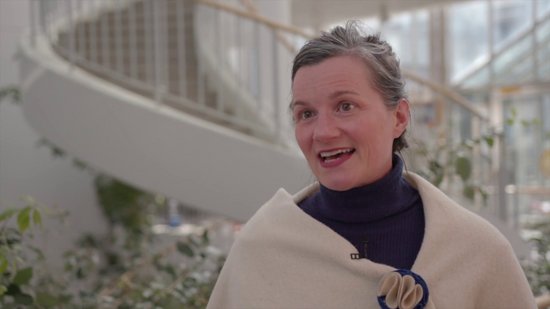PHUSICOS “According to Nature” – Large-scale demonstrators on nature-based solutions for hydro-meteorological risk reduction

PHUSICOS, meaning 'According to nature' in Greek, demonstrates how nature-based solutions (NBSs) provide robust, sustainable and cost-effective measures for reducing the risk of extreme weather events in rural mountain landscapes. Although mountains amplify risks, and even more so under extreme weather events, mountainous regions do not receive the same attention as densely populated urban areas in European disaster risk reduction plans. PHUSICOS's underlying premise is that nature itself is a source of ideas and solutions for mitigating the risk posed by climate-driven natural hazards. However, there is a lack of adequate proof of concept for NBSs to address hydrometeorological events in rural and mountainous regions. PHUSICOS will fill the knowledge gap specifically related to NBSs for hydro-meteorological hazards (flooding, erosion, landslides and drought) by implementing NBSs at several European case study sites. These sites comprise 3 large-scale demonstrator sites Italy, France/Spain/Andorra and Norway; and 2 small-scale complementary concept cases in Austria and Germany. The three demonstrator sites are representative of hydro-meteorological hazards, vegetation, topography and infrastructure throughout rural and mountainous regions in Europe. They have already guaranteed external financing and are currently in the process of implementing disaster risk reduction measures that are open to broader implementation of NBSs through the application of the PHUSICOS key innovation actions. The concept cases will be used for testing innovative ideas at local scale. PHUSICOS relies on a transdisciplinary consortium of 15 partners from seven European Countries, with expertise from public authorities, research institutes and universities to develop innovative actions on five fronts: technical, service, governance, learning arena and product innovations. PHUSICOS will also utilise the experience of three international partners and results of European research projects.
The main focus of the TUM contribution to Phusicos consists in service innovation activities, fostering stakeholder participation by Living Labs at the project’s case study sites. Project partners at the case study sites will be accompanied in their initial set-up of living labs by a guiding framework, and also supported with suitable tools of living lab management, stakeholder involvement and monitoring/evaluation schemes. A special role in here will play lessons learned from the concept case of the Isar river, which will be elaborated from an ex-post perspective to benefit the new living labs to be established at the project sites.
Further TUM contributions are envisaged in the realm of technological and governance innovation.
Participating organizations:
Stiftelsen Norges Geotekniske Institutt (NGI) Norway; Universitá degli Studi di Napoli Federico II (UNINA) Italy; Technische Universität München (TUM) Germany; Bureau de Recherches Geologiques et Minieres (BRGM) France; Universitá degli studi di Siena (UNISI) Italy; Risque et Developpement (R & D) France; Internationales Institut für Angewandte Systemanalyse (IIASA) Austria; Eidgenössische Technische Hochschule Zürich (ETHZ) Switzerland; Universität Wien (UNIVIE) Austria; Oppland Fylkeskommune (Oppland) Norway; Consorcio de la Comunidad de Trabajo de los Pireneos (CTP) Spain; Autoritá di Bacino Distrettuale (ADBS) Italy; Centro de investigación ecologica y aplicaciones forestales Consorcio (CREAF) Spain; Paris-Lodron-Universität Salzburg (PLUS) Austria; Agence Ter (Agence Ter) France.
For further information:
Prof. Dr. Stephan Pauleit
Gerd Lupp; Aude-Zingraff-Hamed und Sandra Fohlmeister
Homepage: www.phusicos.eu


